Common Causes of a Clogged Water Well
Various external factors, such as improper installation methods and geological conditions, can contribute to clogging.
Keeping a private well unclogged is crucial to ensuring the water is safe, clean, and ready to drink. There are multiple reasons why clogging can occur, and there are various solutions qualified well professionals can offer.
Various external factors, such as improper installation methods and geological conditions, can contribute to clogging. This article reviews the most common factors.
Sediment
Wells draw water from the ground, making it liable to clog through soil, sand, and sometimes mud. Frequently, the aquifer can contain fine sediment that the pump system can process without much issue, but excess amounts will compromise well water safety. As bits of dirt, rocks, or sand accumulates on the various components, they restrict water flow, causing clogging to worsen gradually over time.
There are multiple sources of potentially harmful sediments. They include sand from cracks or breakages in the well elements, clay, or organic materials that fall into the well. If deposits quickly appear over a short time, the well likely needs professional repairs.
Sediment builds up over time, so clogging can be countered with regular maintenance and inspection. Buildup can also occur because of faulty construction. In both cases, it's best to consult a water well professional to remove the sediments from the well.
Biological issues
Without proper disinfection, wells can be a breeding ground for algae and bacteria. Not all microorganisms are necessarily harmful, but they can contribute to well clogging by sticking to the filter and other components. Homeowners can recognize the presence of algae through greenish or yellowish-tinted water.
If one suspects clogging or the presence of bacteria, it's vital to contact a professional to disinfect the well. Certain bacterial strains sometimes found in well water can be exceptionally dangerous and potentially fatal. Homeowners should refrain from drinking well water until a qualified well-service professional takes the proper protective measures.
Minerals
Groundwater may contain more minerals than other water sources. With higher calcium and magnesium concentrations, deposits can appear on well filters, leading to more water restriction and eventually clogging.
Water high in minerals, also known as "hard water," doesn't pose a safety threat. Hard water is healthy for homeowners since it contains microminerals the human body can use. However, professionals will need to use specific softening techniques to curb the clogging effects of these minerals.
How professionals unclog wells
Depending on the clogging level and origin, professionals will use various techniques to restore the optimal water flow of the well. Frequent buildup may occur due to faulty construction and require more complex repair. Other issues are more straightforward, including chemical treatments and water jetting.
Get professional assistance
Homeowners should always consult professionals for unclogging wells safely, as the process requires expertise, resources, and sometimes advanced equipment.
As a trusted quality well service with over three decades of experience, Pump Repair Services understand how to install and repair well pumps in Orlando. Our trained and certified technicians specialize in well pump repair, transfer pump repair, irrigation pump repair, and centrifugal pump repair. We can meticulously handle all pump-related issues. Call us for the best service experience.

